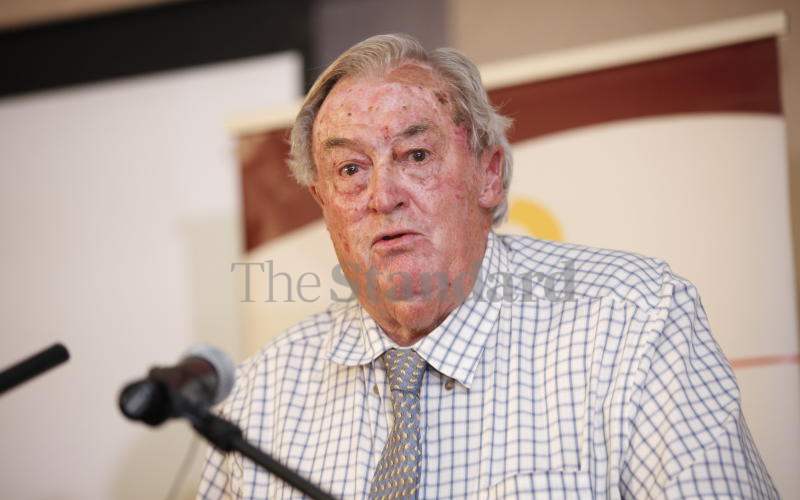
President Daniel arap Moi stunned the country and the world at large by appointing his erstwhile critic Dr Richard Erskine Frere Leakey to head Kenya’s Public Service in July 1999.
Leakey’s mandate was to head a group of rapid response technocrats, succinctly called the ‘Dream Team’, assembled by the President to bring discipline to the Public Service. The goal was to help boost donor confidence in Kenya at a time when the World Bank and the International Monetary Fund (IMF) had suspended loans to Kenya to protest against the hitherto rampant corruption and political intolerance.